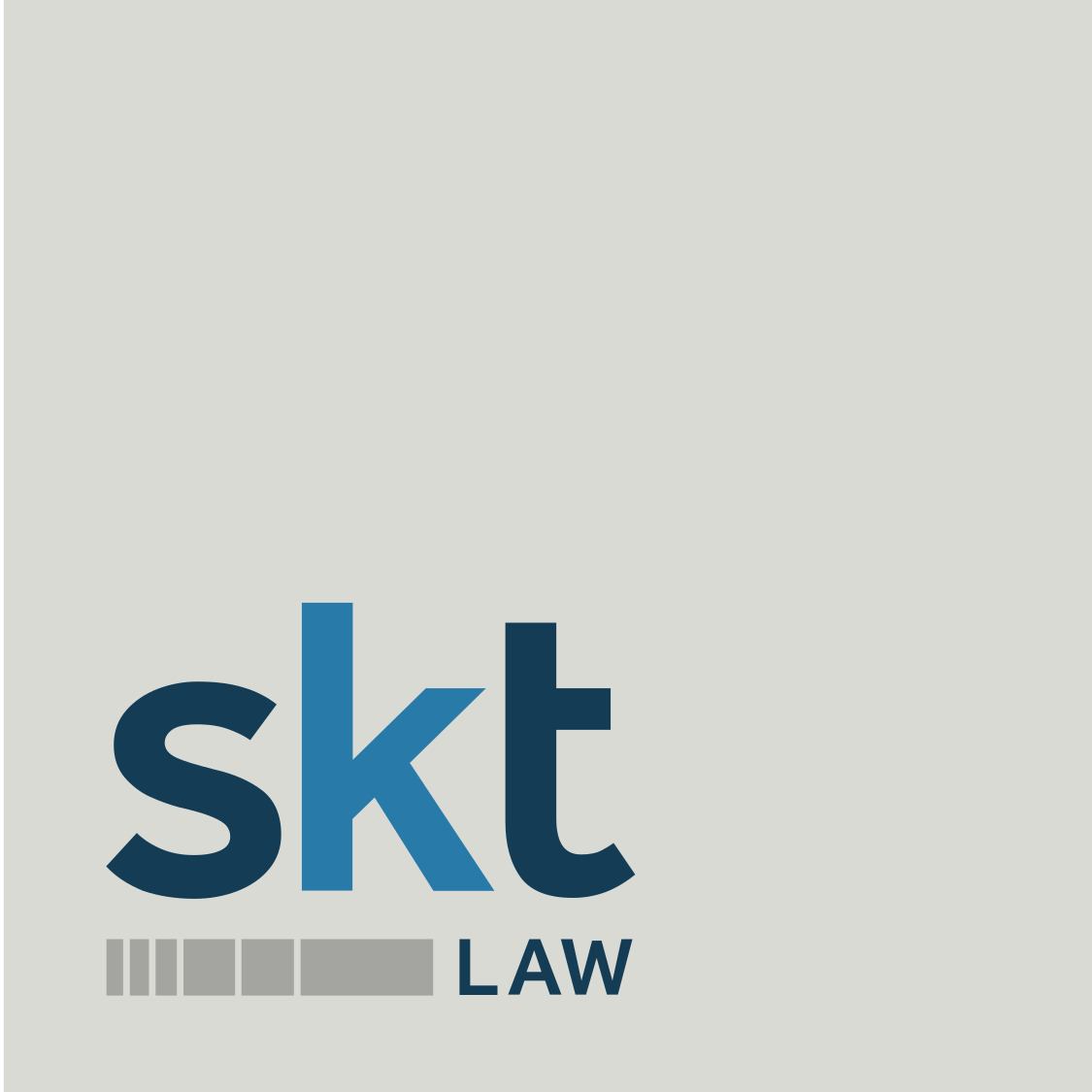Whether it’s a personality clash, a misunderstanding, or a serious allegation of misconduct, workplace disagreements may challenge business owners and HR managers. How you handle these conflicts can significantly impact your company culture, employee morale, and even your legal liability. Conducting thorough and impartial workplace investigations is crucial for protecting your business and fostering a fair and respectful work environment.
SKT Law attorneys understand the complexities of workplace investigations, and we’re here to help you see the broader picture of workplace investigations.
Why Workplace Investigations Matter
Workplace investigations are more than just a formality. They are a critical tool for uncovering the truth, protecting your employees, and mitigating legal risk. When an issue arises, a well-conducted investigation helps you determine the facts of the situation and understand what truly transpired. This clarity is essential for making informed decisions and taking appropriate action.
Equally important, investigations demonstrate your commitment to providing a safe and fair workplace for all employees. By taking complaints seriously and conducting thorough investigations, you create a culture where employees feel heard, valued, and protected. This fosters trust and strengthens the employer-employee relationship.
Finally, failing to properly investigate workplace complaints can expose your business to significant legal liability. Thorough investigations can help you defend against potential lawsuits and demonstrate your commitment to compliance with all applicable laws and regulations.
Related Article: “When to Hire an Employment Lawyer as an Employer.”
Key Principles of Effective Workplace Investigations
To be truly effective, workplace investigations must adhere to several key principles.
- Promptness: Time is of the essence. Begin your investigation as soon as possible after receiving a complaint to ensure that memories are fresh and evidence is preserved. Delays can lead to lost or corrupted evidence and can create the impression that you are not taking the complaint seriously.
- Impartiality: Conduct the investigation with an open mind and a commitment to uncovering the truth, regardless of the outcome. Avoid any preconceived notions or biases that could influence your findings. The goal is to gather all the facts and make an objective assessment of the situation.
- Thoroughness: Gather all relevant information, including witness interviews, documents, emails, and any physical evidence. Leave no stone unturned in your pursuit of the facts. A superficial investigation can miss crucial details and lead to incorrect conclusions.
- Confidentiality: Protect the privacy of all parties involved and ensure that sensitive information is handled with discretion. Breaches of confidentiality can damage trust and create further conflict.
- Documentation: Meticulous documentation is essential. Document every step of the investigation, including interviews, evidence collected, and findings. This documentation will be crucial if legal action arises. It provides a clear record of the investigation process and demonstrates your commitment to fairness and due diligence.
The Investigative Process: A Step-by-Step Guide
- Initiation: Clearly define the scope of the investigation and the specific allegations being investigated. Gather initial information, such as the date, time, location, and individuals involved in the incident.
- Evidence Gathering: Conduct thorough interviews with the complainant, the accused, and any witnesses. Collect relevant documents, emails, surveillance footage, or any other evidence that may shed light on the situation.
- Evaluation: Carefully analyze all the evidence gathered. Assess the credibility of witnesses and the authenticity of documents. Consider any mitigating or aggravating circumstances.
- Findings: Based on the evidence, determine whether the allegations are substantiated, unsubstantiated, or inconclusive. Clearly document your findings and the reasoning behind them.
- Recommendations: If the allegations are substantiated, recommend appropriate disciplinary action or corrective measures. This may include warnings, suspensions, termination, or mandatory training.
- Closure: Communicate the findings and recommendations to the relevant parties, ensuring confidentiality and sensitivity. Provide closure to the complainant and the accused, and address any ongoing concerns.
When to Consider a Neutral Third Party
While internal investigations can be effective in some cases, there are situations where engaging a neutral third-party investigator is advisable. This is particularly true when the complaint involves senior management or executives, when there are allegations of serious misconduct, such as harassment or discrimination, or when there is a potential conflict of interest or perception of bias. A neutral third party can bring objectivity and credibility to the investigation, ensuring a fair and impartial process that is seen as legitimate by all parties involved.
“Engaging a neutral third-party investigator can be invaluable in complex or sensitive workplace investigations. It ensures objectivity, maintains trust, and can be critical in demonstrating a commitment to fairness should legal issues arise.” – Eliot Krieger, Managing Partner
Common Types of Workplace Investigations
- Harassment Investigations: Address allegations of sexual harassment, discrimination, or other forms of unlawful harassment.
- Discrimination Investigations: Investigate claims of discrimination based on protected characteristics such as race, gender, age, religion, or disability.
- Retaliation Investigations: Examine claims that an employee was subjected to adverse action for reporting misconduct or participating in a protected activity.
- Workplace Violence Investigations: Address incidents of threats, violence, or other disruptive behavior in the workplace.
- Theft and Fraud Investigations: Investigate allegations of theft, embezzlement, or other financial misconduct.
SKT Law: Your Partner in Workplace Investigations
At SKT Law, we have extensive experience conducting workplace investigations and advising employers on best practices. We can help you develop effective investigation procedures, train your staff on how to conduct thorough and impartial investigations, conduct independent investigations on your behalf, and advise you on appropriate disciplinary action. To learn more about how to effectively handle employee/employer disputes, read our blog post “How to Effectively Handle Employee/Employer Disputes.”Don’t let workplace conflicts escalate into costly legal battles or damage your company’s reputation. Contact SKT Law today to schedule a consultation and ensure your workplace investigations are conducted effectively and fairly.
